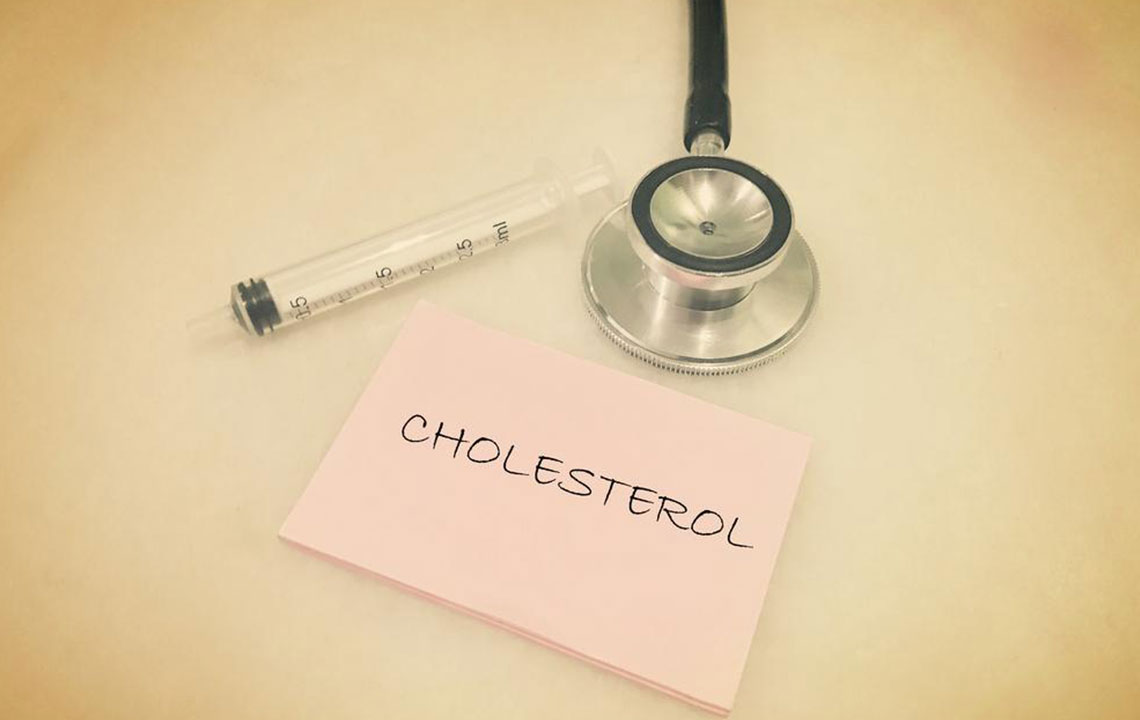Understanding Elevated Triglycerides: Causes and Management Strategies
This article explores the causes and management of high triglyceride levels, emphasizing lifestyle and dietary changes to promote heart health. It covers measurement methods, reasons behind elevated triglycerides, and practical tips to control them through diet, exercise, and moderation in alcohol intake. Understanding these aspects can help reduce the risk of metabolic syndrome, heart disease, and stroke by maintaining balanced triglyceride levels naturally.

Understanding Elevated Triglycerides: Causes and Management Strategies
Triglycerides are a type of fat circulating in our bloodstream. While small amounts are necessary for normal bodily functions, excessive levels can lead to cardiovascular issues. Elevated triglycerides often indicate metabolic syndrome, a condition characterized by high blood sugar, hypertension, increased triglycerides, and decreased HDL cholesterol. This syndrome heightens the risk of stroke, diabetes, and heart disease.
Testing and Measurement
Triglyceride levels are measured through a standard blood test used for cholesterol assessment.
Below 150 mg/dL is considered normal.
150-199 mg/dL is borderline high.
200-499 mg/dL is categorized as high.
Above 500 mg/dL is classified as very high.
Factors Leading to High Triglycerides
Various underlying health conditions and medications can contribute to increased triglycerides. In rare cases, genetic factors also play a role.
Main causes include:
Obesity
Diabetes mellitus
Hypothyroidism
Regular overconsumption of calories
Excess alcohol intake
Use of medications like birth control pills, steroids, or estrogen
Managing Triglyceride Levels
Often, lifestyle modifications are more effective than medications. Adopting a balanced diet and maintaining an active lifestyle can significantly reduce triglyceride levels.
Engage in regular physical activity to shed excess weight.
Dietary Recommendations
Proper nutrition plays a vital role in controlling triglycerides. Modifying your diet can make a noticeable difference.
Sugar
Avoid high sugar intake, as it raises triglyceride levels. Aim for a daily intake of around 150 grams for men and 100 grams for women.
Carbohydrates
Opt for fiber-rich foods like vegetables, fruits, and whole grains instead of refined carbs and sugars.
Fructose
Limit fructose consumption, especially from high-fructose corn syrup. Dry fruits like raisins should be eaten sparingly, while fruits like peaches, bananas, and strawberries contain lower fructose levels.
Fats
Reduce saturated fats found in red meats, dairy, and tropical oils such as coconut and palm oil. Use healthier options like canola and olive oils instead.
Alcohol
Limit alcohol intake; occasional consumption is fine, but habitual drinking can elevate triglycerides. Incorporate omega-3-rich foods like sardines and tuna into your diet, aiming for at least two servings weekly to improve lipid profiles.










